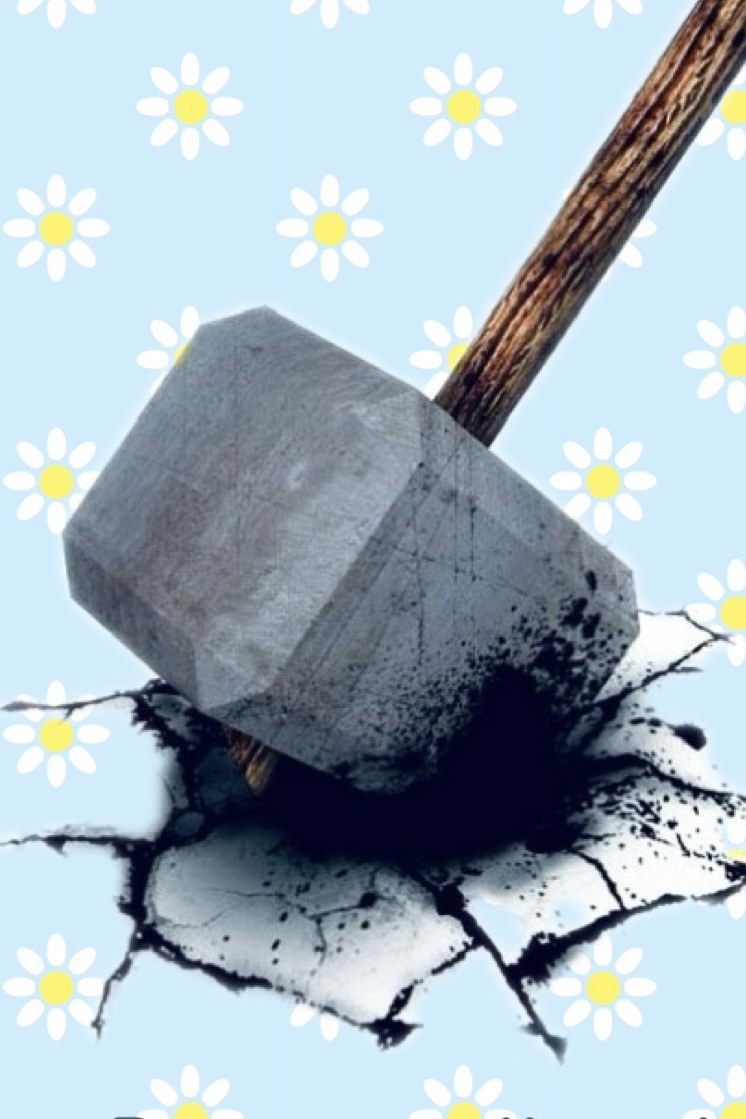The Lowdown on Vitamin K: What's the Scoop on This Clot-Busting Nutrient?
- Rage Room
- Oct 19, 2024
- 2 min read
Vitamin K, a fat-soluble vitamin, is crucial for the body's blood clotting process by aiding in the production of essential clotting factors in the liver. This nutrient is particularly important for the synthesis of clotting factors II, VII, IX, and X, which are vital for the coagulation cascade and preventing excessive bleeding. Without sufficient vitamin K levels, the body's ability to form blood clots is compromised, leading to potential bleeding disorders and prolonged wound healing.
Moreover, beyond its role in blood clotting, emerging research suggests that vitamin K also contributes to maintaining bone health, especially in aging individuals. It is believed to help regulate calcium levels in bones and may play a role in reducing the risk of osteoporosis and fractures in older adults.
When it comes to meeting the body's daily vitamin K requirements, consuming a balanced diet rich in vitamin K is the most effective approach. Various foods are excellent sources of this essential nutrient, including leafy green vegetables like kale, spinach, and broccoli, as well as other options such as Brussels sprouts, cabbage, and fermented foods like natto. By incorporating these vitamin K-rich foods into your daily meals, you can ensure optimal blood clotting function and potentially support bone health as you age.
Green leafy vegetables like kale, spinach, turnip greens, collards, Swiss chard, mustard greens, parsley, romaine, and green leaf lettuce

Vegetables such as Brussels sprouts, broccoli, cauliflower, and cabbage

Fish, liver, meat, eggs, and cereals (in smaller amounts)

Wow, did you know that Vitamin K is actually synthesized by bacteria in the lower intestinal tract? How fascinating!
And that's not all - Vitamin K plays a crucial role in wound healing through blood clotting and bone strengthening. But wait, there's more! Studies suggest that this amazing vitamin may offer additional benefits such as alleviating morning sickness, safeguarding cognitive functions like thinking, memory, learning, and organizational skills, and promoting heart health. How incredible is that?
We enjoy sharing health information and are keen on promoting well-being. To explore further, you can visit the National Library of Health at https://medlineplus.gov/ency/article/002407.htm#:~:text=Vitamin%20K%20is%20known%20as,and%20blood%20would%20not%20clot.






Comments